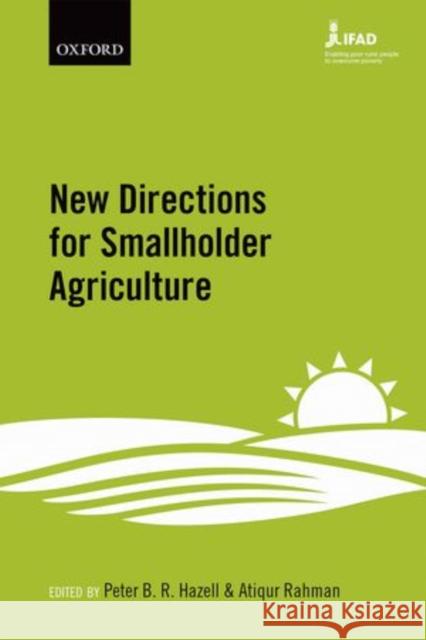New Directions for Smallholder Agriculture » książka
New Directions for Smallholder Agriculture
ISBN-13: 9780199689347 / Angielski / Twarda / 2014 / 608 str.
The majority of the poor and hungry people in the world live on small farms and struggle to subsist on too little land with low input - low yield technologies. At the same time, many other smallholders are successfully intensifying and succeeding as farm businesses, often in combination with diversification into off-farm sources of income. This book examines the growing divergence between subsistence and business oriented small farms, and discusses how this divergence has been impacted by population growth, trends in farm size distribution, urbanization, off-farm income diversification, and the globalization of agricultural value chains. It finds that policy makers need to differentiate more sharply between different types of small farms than they did in the past, both in terms of their potential contributions towards achieving national economic growth, poverty alleviation, and food security goals, and the types of assistance they need. The book distinguishes between smallholders that are business oriented, subsistence oriented, and at various stages of transition to the non-farm economy, and discusses strategies appropriate for assisting each type. The book draws on a wealth of recent experience at IFAD and elsewhere to help identify best practice approaches.











